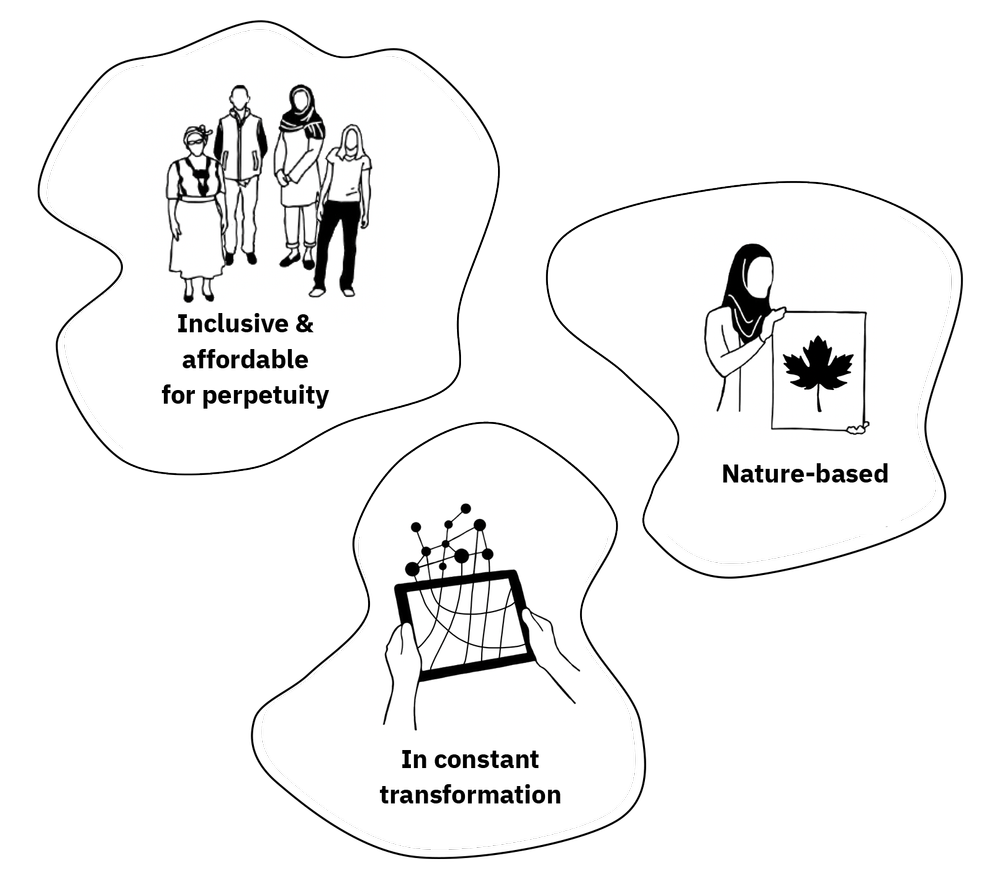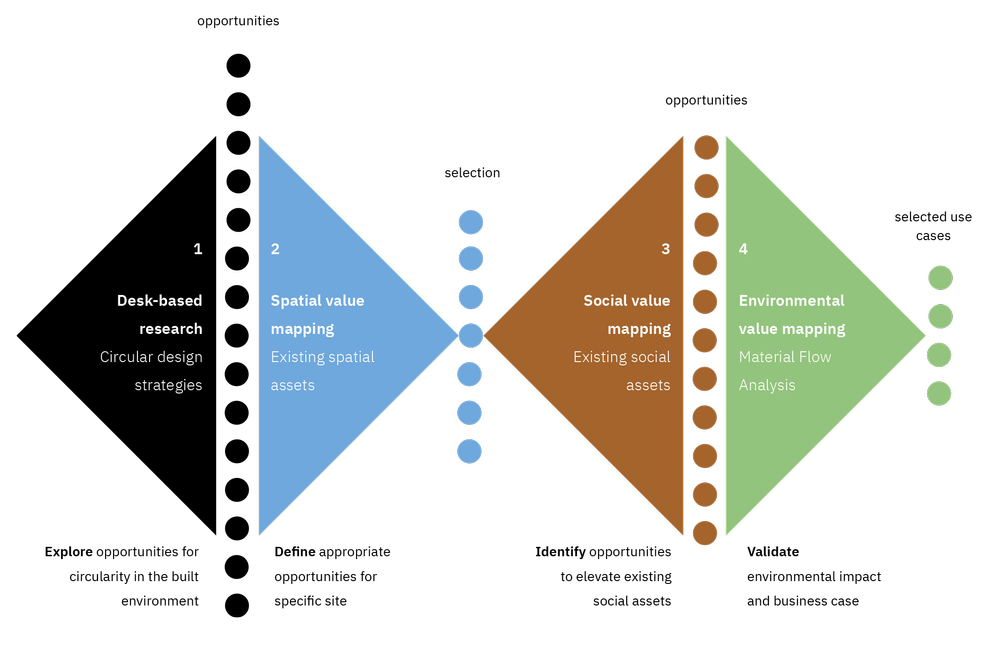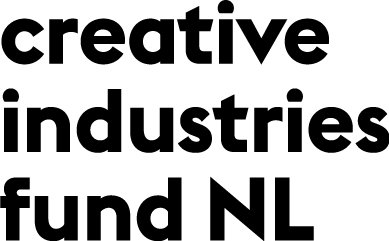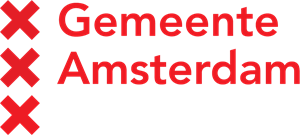Co-Operate
A Neighborhood
for Seven Generations
Reimagining our relationship with the future
To fight social inequality and climate breakdown, we need a radical change in the way we govern and own our cities. Co-Operate supports the transition to a society based on co-creation, participation, involvement and inclusion. By rethinking the business model behind built structures, we work towards the infrastructure required for citizens to co-produce, own and govern their living environment.
Our vision for a neighborhood of 7 generations
Taking a seven generation perspective forces us to think long-term. Inspired by the Iroquois Confederacy, a neighbourhood for seven generations is one in which decisions are considered from the perspective of future residents, in addition to present concerns. By taking this approach we strive for a neighbourhood in which social, environmental and economic values are in balance and regenerative by nature.

The Bijlmer; a focus area for the future
In the Omgevingsvisie 2050 a spatial vision for the the city is outlined, alongside a roadmap of how to build this common future. In order to test our research within a real-world context we have worked with Community Land Trust H-Buurt on a transformation site in the Bijlmer; H-Midden. The Bijlmer is a vibrant and divers borough of Amsterdam with a history of attempts at transformation. However, in the past its development has been top down. Although ambitions were high, the process failed to listen to and involve the target group. In an effort to counter this, we developed a series of prototypes and verified them directly through an iterative process with resident members of the Community Land Trust.
Towards a methodology for Doughnut development
In order to elevate social and environmental value in the process of developing a brief for the H-Midden site, we developed a methodology which balances those two fields with spatial and economic value. By starting with desk-based research we identified opportunities for circularity in the built environment and then filtered those opportunities down based on maximising the positive spatial, social and environmental impact of those opportunities. This results in four validated use cases to take further.

Research, publications & articles
Join us
We want to make a change, but we can’t do it alone. Therefore we make an open call to action and invite engagement from across sectors. Come and join us if you are:
- A financier or investor with creative ideas and strategies for stimulating early-stage circular innovation in the Netherlands
- An asset owner or fund manager with the curiosity to develop and test impact-driven frameworks for portfolio management and evaluation
- A municipal representative looking for novel ways to crowd in and deploy finance in service of your circularity strategy
- A land owner who would like to develop a piece of land in a circular and inclusive way
- A community group who would like to develop housing in a circular and inclusive way
We invite you to join us in further developing, demonstrating, and scaling an ecosystem approach to circular and inclusive development in the Netherlands. Are you interested in joining us? Fill out the form below and we will get in touch.
Co-operate is initiated by
And supported by


